Exact Answer: At least 3 – 7 days
The procedure known as uterine ablation is commonly referred to as endometrial ablation. This is because the doctor surgically destroys the lining of the uterus. This lining is known as the endometrium.
This procedure is recommended for many different health conditions such as excessive menstrual bleeding for a long period of time, and many more.
There are many methods of performing the endometrial ablation procedure. Depending on the type of method, the doctor can decide whether to perform the procedure in the doctor’s office or the operating room.
The particular method which is chosen depends on the condition and size of the uterus.
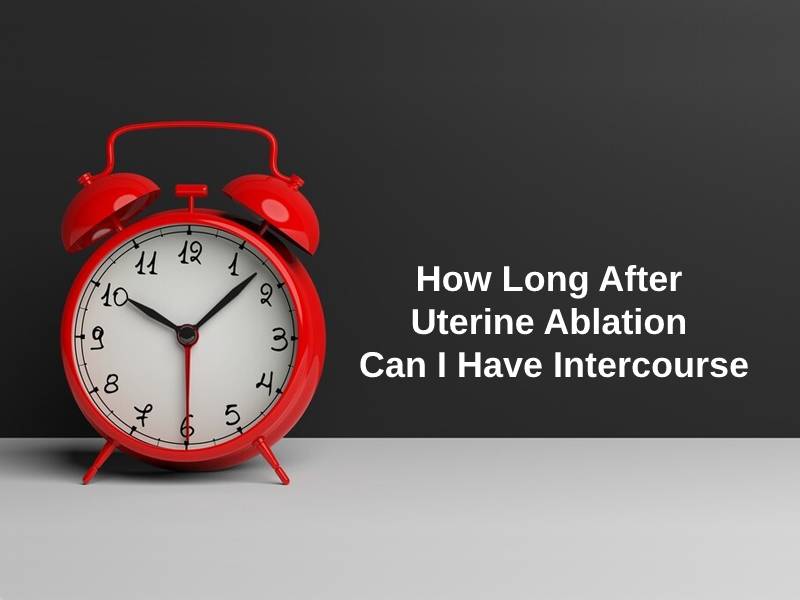
How Long After Uterine Ablation Can I Have Intercourse?
| Objective | Answer |
| What is an abnormally heavy period? | Pad or tampon soaked thoroughly within 2 hours |
| Duration of cramping, bleeding, discharge after procedure | Up to 3 weeks |
| Waiting time for intercourse after procedure | At least 3 – 7 days |
Endometrial ablation is a procedure that surgically destroys the endometrium, which is also called the uterine lining. This is performed by doctors, to reduce excessive flow during menstruation.
A period is considered to be too heavy when your sanitary pad or tampon is constantly and completely soaked within 2 hours. If you suffer from heavy menstruation that cannot be regulated using the medication, then there is a chance that the doctor will recommend you to undergo an endometrial ablation.
In addition, a uterine ablation is also performed if you tend to bleed between periods. Also, if your menstruation flow is so heavy that you experience anemia.
Although this isn’t publicly known to sterilize you and prevent you from conceiving a child later on, this procedure does significantly reduce the chances of becoming pregnant successfully in the future. Therefore, you must weigh your options beforehand, so you don’t regret your decision in the future.
Endometrial ablation cannot be undergone by all women, as it isn’t advised for postmenopausal women. In addition, women with a pelvic infection, or particular abnormalities in the uterus, or women with uterine cancer, or those who are likely to develop uterine cancer.

It is also important to remember that even though this procedure destroys the endometrium, the uterine lining can regrow in many cases. It can grow back in either abnormal or normal ways. The regrowth of the uterine lining can occur within several months or years after the procedure, for younger women.
Thus, it is always best to consult with the doctor before the procedure, to check if this method is suitable and necessary for you.
Why Does It Take That Long To Have Intercourse After Uterine Ablation?
There are many methods to perform uterine ablation. The first king is electrosurgery, which is done using general anesthesia. This method uses a thin scope to view the inside of the uterus. A wire loop is sent in through the scope and is heated. Then the wire loop carves furrows into the uterine lining.
Next is cryoablation. Two to three ice balls are created using the extreme cold and are made to destroy the uterine lining. Doctors can check the progress of the balls using ultrasound.
Next is heated free-flowing fluid. This makes use of saline fluid which is heated and circulated inside the uterus for approximately 10 minutes.
Next is the heated balloon method. A balloon device that contains heated fluid is inflated and sent in through the cervix.
Next is the microwave method. A thin wand that emits microwaves is sent in through the cervix. Thus, it heats the endometrium and destroys it.
The last method is known as radiofrequency, where an ablation device that is flexible unrolls inside the uterus to transmit radiofrequency energy. This energy destroys the endometrium through vaporization. After which, the doctor removes the device from the uterus.

Like so, the procedure is minimally invasive and does not make any incision on the body. The patients return to their daily routine in a few days or weeks. It may also take several months before they notice the complete results of the procedure. They may notice lighted menstruation, or they might even cease to have periods.
It takes at least 3 to 7 days after the procedure to be able to engage in intercourse because the vaginal canal, cervix, and uterus will still be healing and so will be sensitive for the time being. So disturbing the area might result in bleeding or other issues. In addition, the area may be prone to infection if you have intercourse.
Conclusion
In conclusion, you must wait at least 3 to 7 days after you undergo the endometrial ablation to have sexual intercourse. This is just a general estimate, so you must always remember to only engage in intercourse once the bleeding and discomfort stop. In addition, you should wait till your doctor’s check-up after the procedure, so your doctor can clear you for intercourse.
Also, you must not use douches or tampons for 2 weeks after the procedure in order to avoid unpleasant and sometimes dangerous infections.
Uterine ablation, also known as endometrial ablation, can be performed through various methods, depending on the status of the uterus.

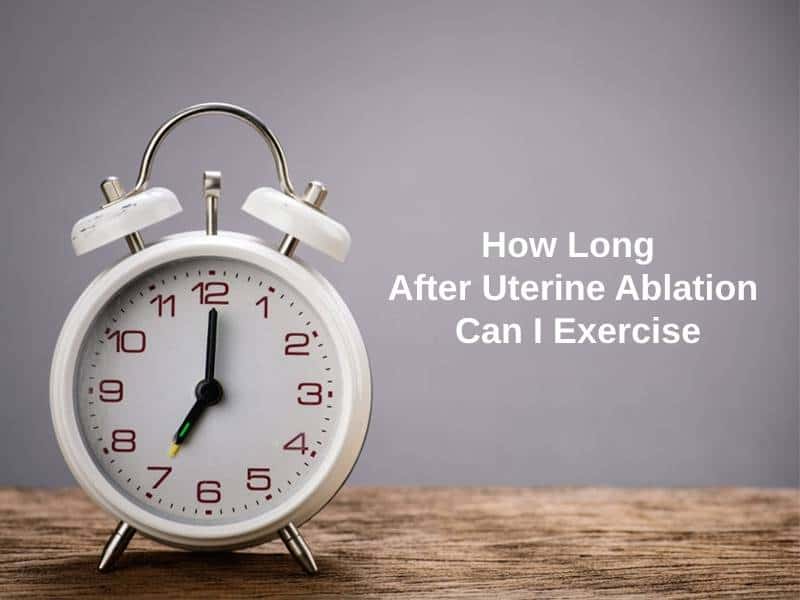

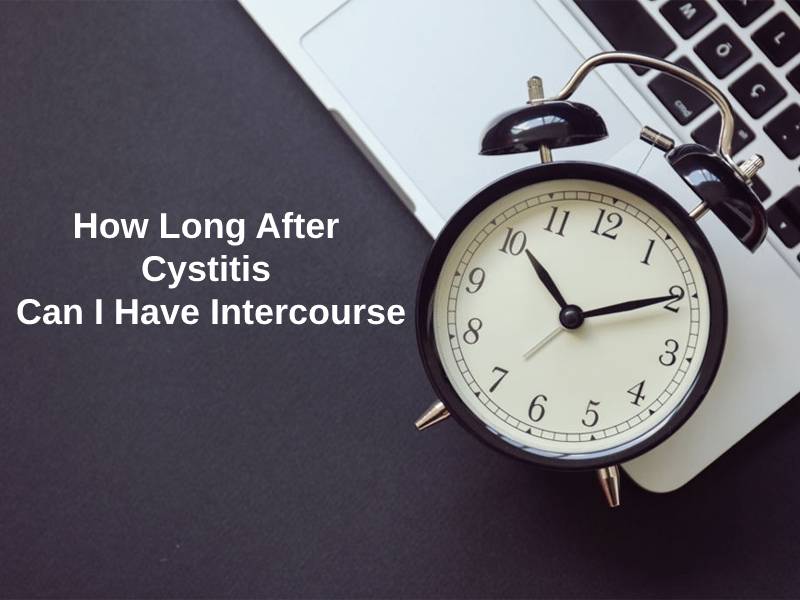
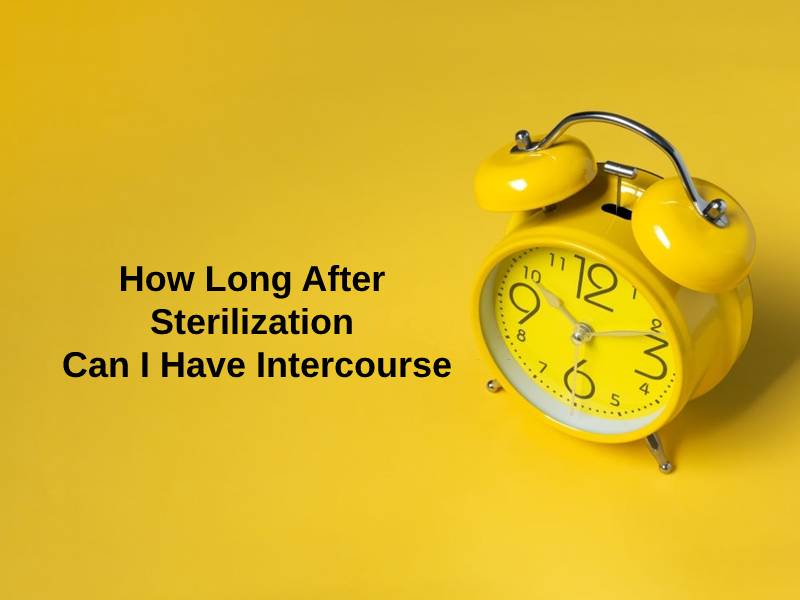





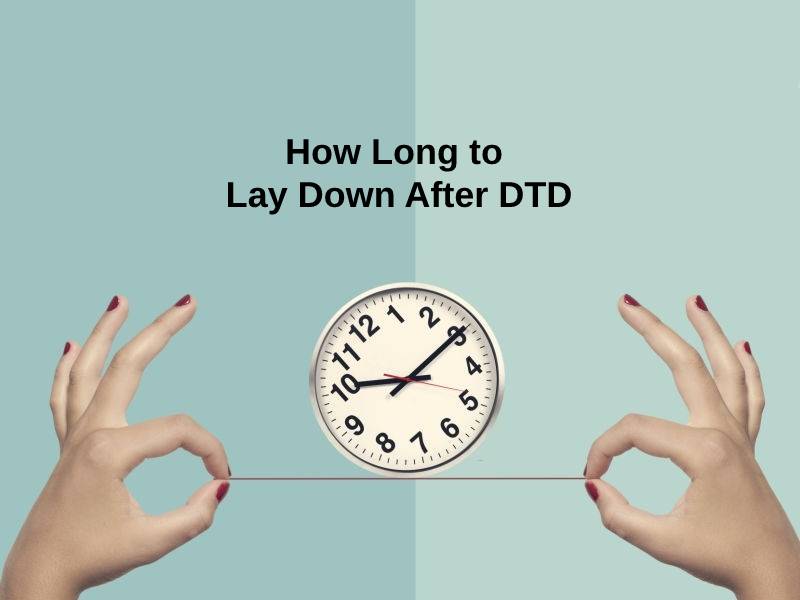
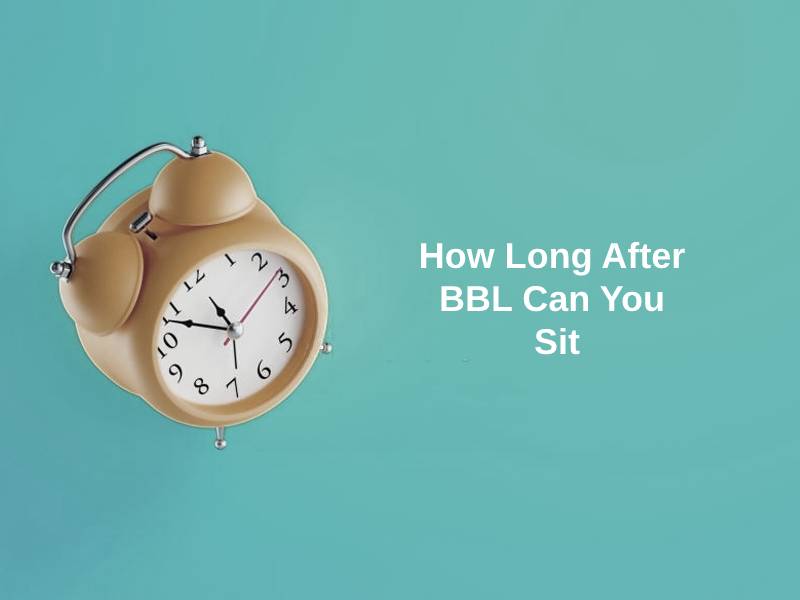



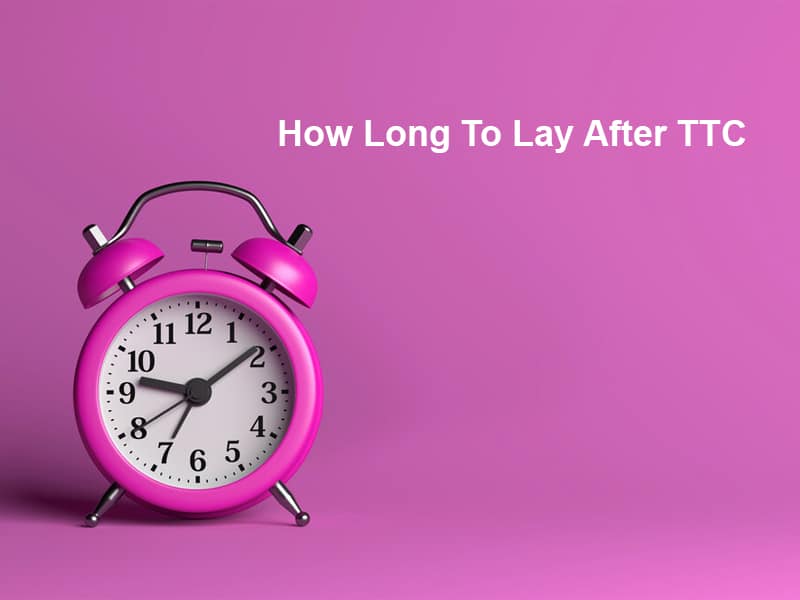

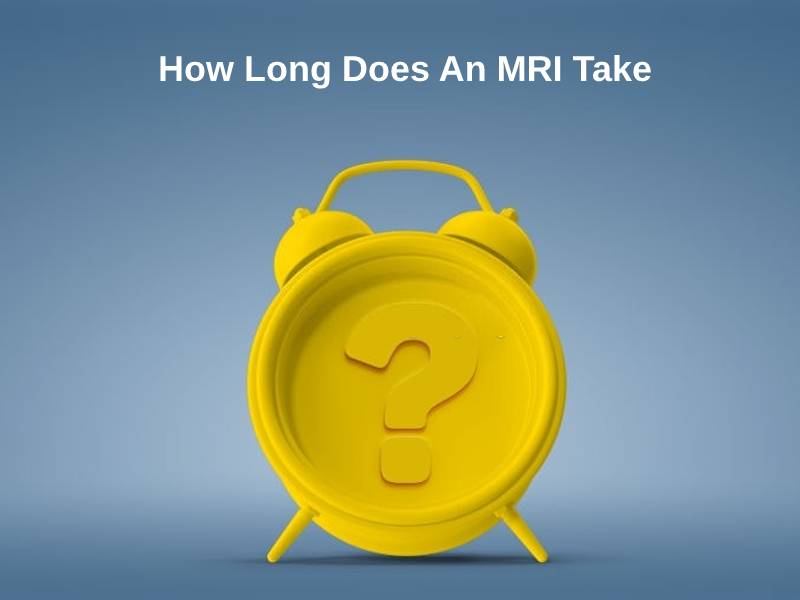
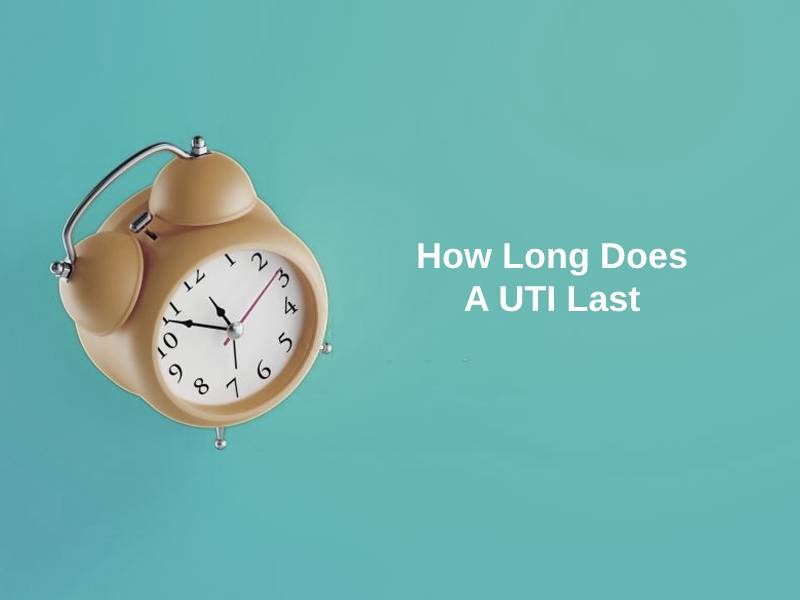


This post offers a comprehensive and detailed explanation of the whole procedure and post-procedure care. Very beneficial!
Absolutely, the attention to detail is commendable, and the reasons for waiting to resume intercourse are well-explained.
It’s insightful to have an article that elucidates the process and potential outcomes in such depth.
The various methods of endometrial ablation are intriguing, and the detailed explanation provided here is commendable.
I agree, the comprehensive overview supports a thorough understanding of the procedures involved.
I appreciate the level of detail in this post. It could be useful for those considering this procedure.
Absolutely, anyone who’s contemplating endometrial ablation would benefit from this thorough overview.
This is a very well-explained and educational post. It’s essential to know all the aspects before making a decision.
Indeed, understanding the outcomes and potential effects post-surgery is crucial. This post provides great insights.
The information provided here is necessary for anyone considering endometrial ablation. It’s a responsible approach.
The post provides a well-rounded and thorough explanation of the entire procedure. It’s informative and insightful.
Definitely, the detailed accounts and potential effects highlighted provide a comprehensive understanding of the procedure.
This procedure sounds quite complicated and risky. It’s eye-opening to see all of the different methods available for endometrial ablation.
It does seem complicated, but it’s interesting to know the medical advancements for treatments like this. Detailed explanations are beneficial.
A very detailed and complete description. It’s helpful to know the different methods used and the potential outcomes.
The detailed processes and potential effects are enlightening; it offers a comprehensive view of endometrial ablation.
The level of detail on the different methods of performing the procedure is quite impressive. The regrowth of the uterine lining is interesting.
The complexity of the procedures is intriguing, and the length of time required for recovery makes sense considering the intricacies involved.
Yes, it’s enlightening. The scientific advancements in medical treatments are fascinating.
This is an informative post; it explains the procedure, methods, and the healing period in great detail!
I completely agree, this post helps to inform people who are considering this procedure of what to expect. Well-done!
The lengthy process and waiting time seem rather daunting. Is there no faster way to resume normal activities after the surgery?
I think the healing time is important to ensure proper recovery, which in the long run will be beneficial. Safety first.
An average of 3-7 days is quite reasonable and well justified considering the sensitivity of the region.